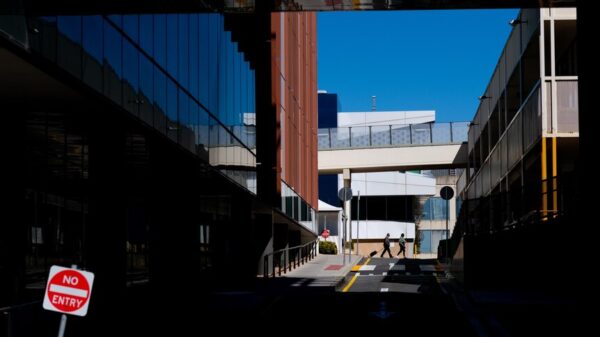The arrest of at least 13 journalists in Niger over the past year has raised significant concerns regarding freedom of expression in the country. These arrests occurred under the revised cybercrime law, adopted in June 2022. The journalists face allegations of defamation, undermining national security, and conspiracy against state authority.
On November 1, six journalists were detained, including Moussa Kaka, the director of Radio Television Saraounia. Kaka and three others were later released on bail, but three journalists—Ibro Chaibou, Youssouf Seriba, and Oumarou Kané—remain in custody. All six are charged with vague accusations of “complicity in the dissemination of information likely to disturb public order.”
International Concerns Over Human Rights Violations
The situation has drawn the attention of international human rights authorities. Volker Türk, the UN High Commissioner for Human Rights, has urged Nigerien authorities to release the detained journalists and to halt any legal proceedings that do not comply with international human rights standards.
Türk emphasized the necessity for the government to review the cybercrime law to ensure it aligns with international human rights commitments. In particular, he referenced Article 19 of the International Covenant on Civil and Political Rights, which guarantees the rights to freedom of opinion and expression.
The ongoing arrests have sparked fears that the revised cybercrime law is being used to suppress dissent and restrict the media’s ability to report freely. Observers have noted that such actions may have a chilling effect on journalism in Niger, leading to self-censorship among media professionals.
Call for Legal Reform and Support for Journalists
Human rights advocates are calling for a comprehensive review of the legal framework governing media practices in Niger. The aim is to ensure that laws protect rather than hinder journalists in their essential role of informing the public.
The implications of these arrests extend beyond the individuals involved, as they pose a broader threat to democratic principles and the rule of law in Niger. The international community continues to monitor the situation closely, advocating for the protection of journalists and the safeguarding of free speech.
As Niger navigates these challenges, the resolve of both local and international bodies will be crucial in supporting the rights of journalists and fostering an environment where freedom of expression is upheld.



































































